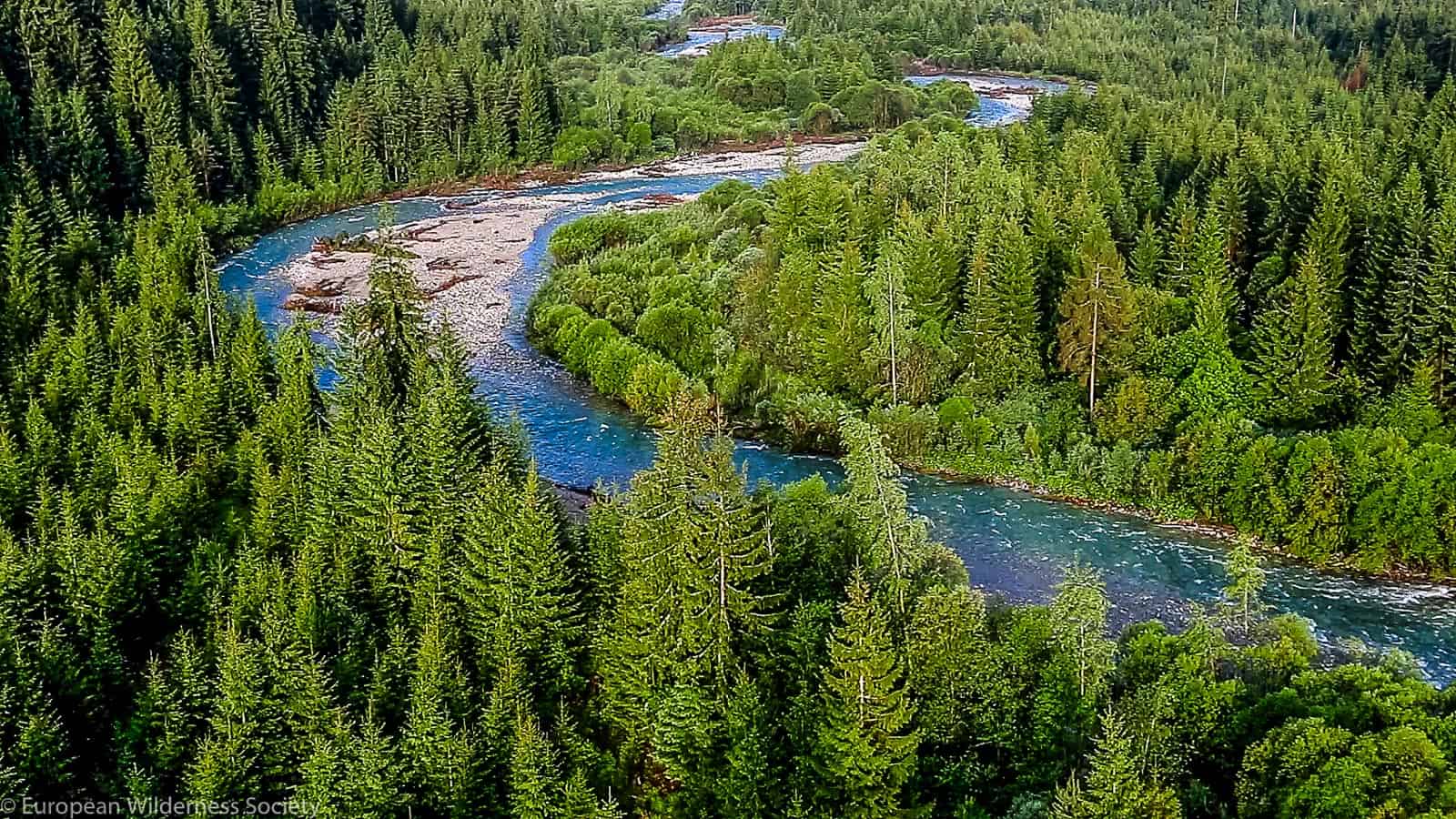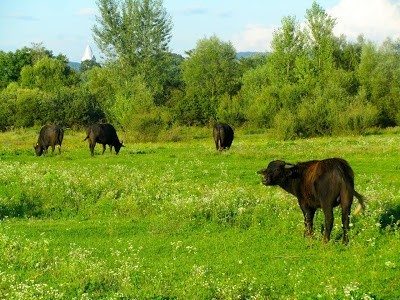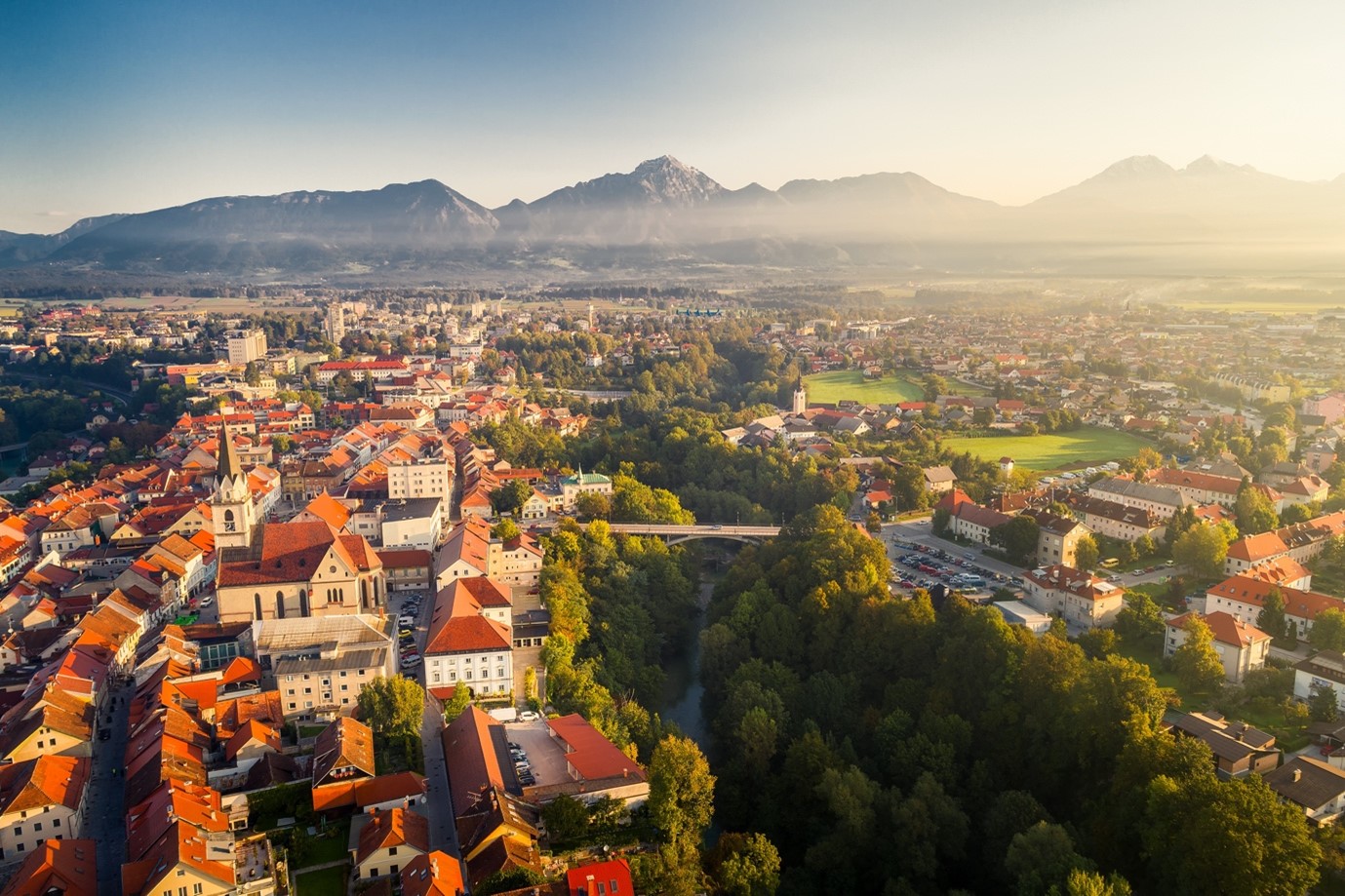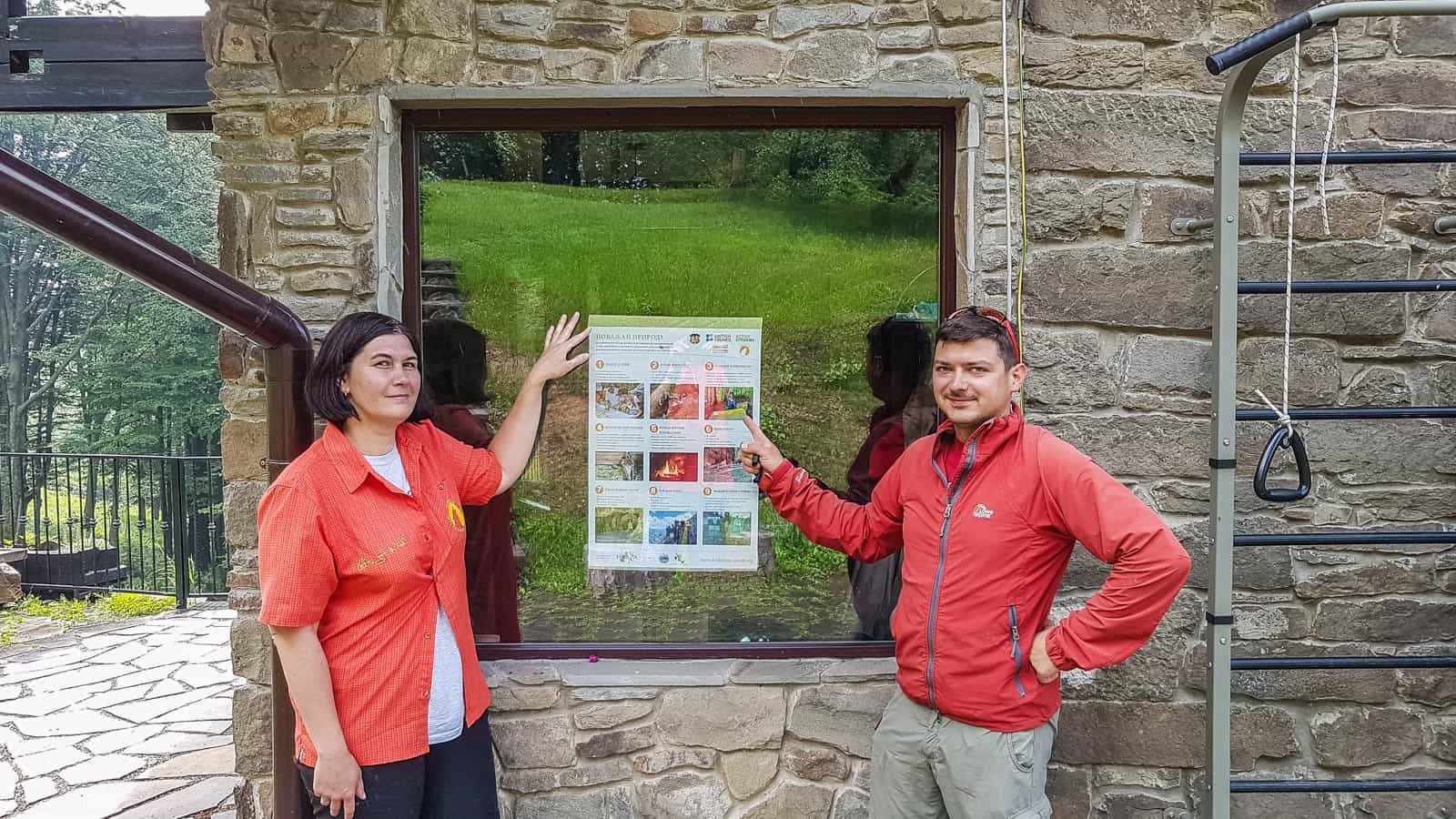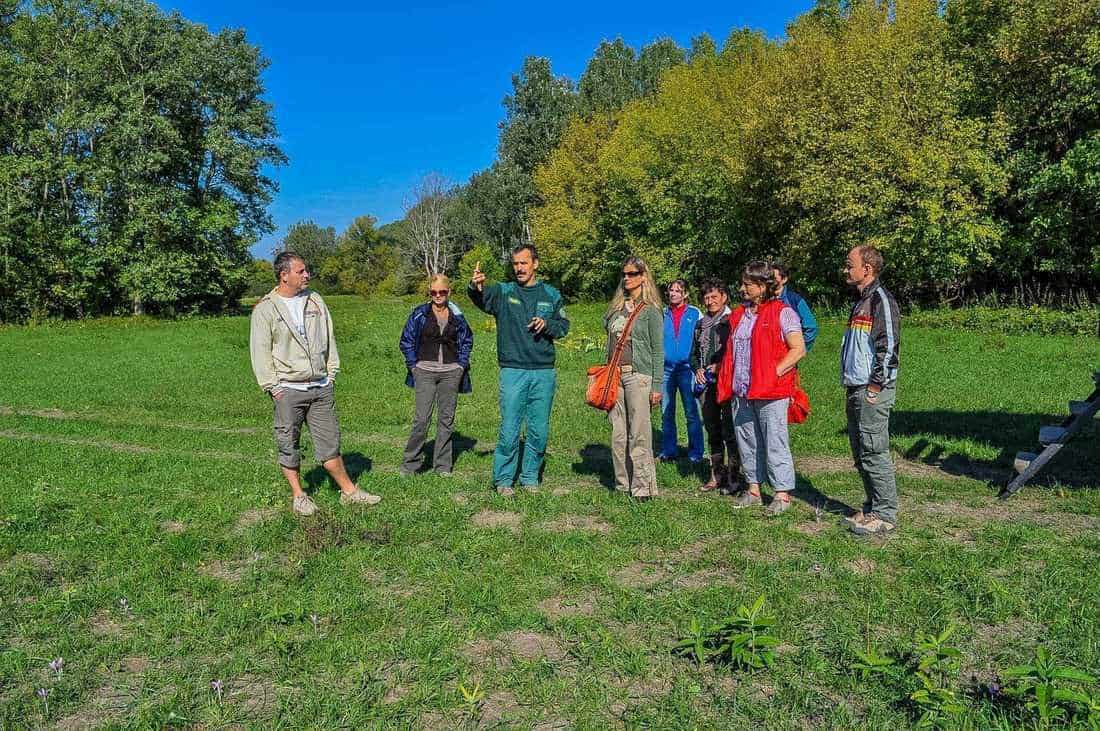Celebrating Sustainability Day today!
In 1970, air and water quality, forest logging and extraction of resources were rising issues in the USA. And so, President Nixon signed the National Environmental Policy Act (NEPA) into law the United States. NEPA raised the idea of sustainable development as such: “To create and maintain conditions under which man and nature can exist in productive harmony, and fulfill the social, economic, and other requirements of present and future generations of Americans”. This Act reminds and insists that government officials take into consideration well being of the environment while planning industrial development. Sustainability Day was created to raise awareness about the topic and teach people what everyone can do to practice sustainability. Every year on the last Wednesday of every October, people from all over the world are reminded to take care of nature so that future generations can enjoy it, too.
Please also read: Linking Wilderness and Sustainable Tourism
What is sustainability?
Wikipedia describes sustainability as the ability to exist constantly. Nowadays, this usually refers to the capacity for natural environment and human civilization to co-exist. This means that humans have to find a way to continue using resources, urban expansion and technology development in a way that does not harm balance of the natural world. It is important to ensure this, so that future generations can enjoy and use gifts of the natural world as our generation does it now. Sustainability is a complicated topic, because it connects at least three major fields: environment, economy and society.
Sustainability mantra
It is possible to apply sustainability to all levels of society and all business sectors. Private people, families, businesses, governmental institutions and whole countries can decide to follow the sustainability path. The most important mantra for sustainable way of life is “Reduce. Reuse. Recycle.” Everyone should apply these three principles in each area of their life, in that exact order. Before engaging in any activity, ask yourself: How can the amount of energy, waste, pollution, intrusion into wildlife be reduced? If you cannot reduce any of the above, think if you can reuse something that has already been made – borrowing, exchanging, repairing, renting, re-purposing etc. If this cannot be done, then the last step is to recycle the waste that you produced.
How can I be sustainable?
For example, before buying decorations for upcoming Halloween party you should think:
- Can I reduce the amount of Halloween decorations? How can I reduce the waste produced by my decorations (i.e. choose natural, degradable materials)? Can I reduce the energy used (i.e. turn off the lights during daytime)? Maybe renting decorations would be an option (completely avoids waste)?
- Can I reuse decorations? For example, use your decorations from last year. Or exchange decorations with your neighbors. Reuse Christmas lights in an inventive way. Buy decorations second-hand. Or maybe get creative and reuse waste that you currently have at home to create your own original decorations!
- You have to recycle any waste that is left afterwards. Separate plastic, glass, cardboard, metal and bio-degradable waste following your local requirements. Dispose of any other waste responsibly.
These three principles can be applied to any action in your life. It might seem as a burden first, but do not forget that you are doing it for the future generations. It will soon become a habit and the satisfaction you get for taking care of the planet will motivate you to expand these three principles to larger areas of your life.
Project “Respect nature”
Our project “Respect Nature” is promoting sustainability ideas in the nature. We encourage hikers, campers and other nature visitors to enjoy the treasures of natural world without damaging or disturbing it. In that way, current visitors are leaving nature for future generations in a state that we enjoy it now.
The principles of “Respect Nature”:
- Know where you go
- Stay on trails
- Minimize camping impact
- Keep nature clean
- Make fire responsibly
- Show respect
- Respect wildlife
- Respect others
- Respect livestock protection
To learn more about how to reduce your impact on nature, please read the Respect Nature flyer below.

